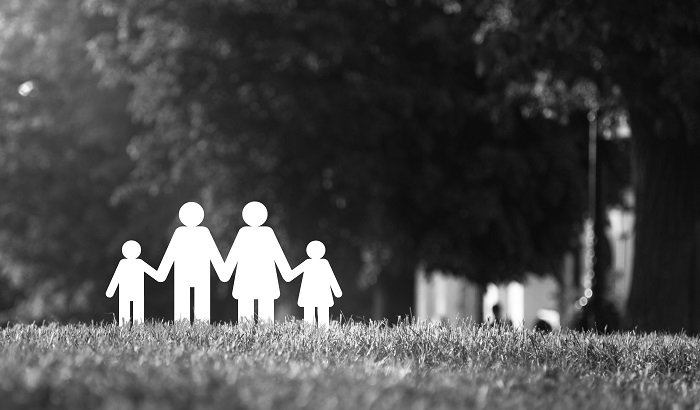
We are slovak based law firm specializin in family law.
Do you have questions? Let us know
If the marriage produced children, the court will define custody for minor children upon petition from one of the spouses for the period after the divorce, in particular who will receive custody of the children and how each of the parents is to provide child support, contact with the children for the other parent and define who will administer the property of such children after the divorce is finalized.
If the court only decides on matters concerning child custody (and therefore not about the divorce itself) during proceedings, the court with jurisdiction for such matter is the circuit in which the minor child maintains actual residence based on an agreement between the parents, a decision of the court or other decisive factors.
Who will be awarded custody after the divorce?
Joint custody is now the valid system in place in Slovakia based on the amended Family code effective 01 July 2010.
This means that the court may decide that a child will spend a specific period of time (e.g. two weeks a month) with one parent and the same amount of time with the other parent.
When deciding to award JOINT CUSTODY, the court's primary focus is on the interests of the minor child or children.
The court will primarily concern itself if conditions are in place to ensure that the child or children will lead a normal life with both parents -i.e. social, hygiene, health and other conditions.
The court will certainly consider the stance of both parents regarding childcare and custody.
The court does not have to order joint custody.
With regards to child support within joint custody, the court may, but is not obliged, to order child support payments.
If one of the parents has a much higher income, there is no way to exclude that the court will also order that spouse provide child support for the period in which the child will be in the care of the other parent.
A decision to stipulate custody may be replaced by an agreement between the parents, which is subject to court approval before it can be considered valid.
The court will consider the child's personality, in particular abilities, skills and developmental potential as well as the living conditions provided by the parents.
The court acts so as to respect the rights of the child to care from both parents and to maintain regular personal contact with both parents as well as the rights of the parent that is not awarded custody to be informed regularly about their child.
The court will also consider the emotional orientation and background of the child, the child's educational abilities and the responsibility of the parents, the stability of the child's future environment and the ability of the parents to agree on education for the child with the other parent, the emotional bonds between the child and siblings, grandparents and other relatives and the material assurance that the parents can provide, including living conditions.
The court will take into consideration the child's emotional, mental and moral education.
An agreement regarding contact between parents and children does not require court approval.
The court will define such contact if it is in the interests of the child's education and given the situation within the family.
In particular such decision will be issued if the parents are unable to decide on contact with the child and visitation.
The court will stipulate such contact upon petition from either of the parents.
Preventing contact by the other parent who was not awarded custody of the child may result in a change in custody of the child if such action is repeated and unjustified.
In such case the child will award custody of the child to the other parent.
It is necessary to petition the court to issue such decision.
Yes, if it is in the best interests of the child the court can limit or even forbid contact by this parent.
Any such decision requires specific reasons, which the court must always review with requisite care.
The court will primarily concern itself with the impact of any potential contact with the other parent of the child.
If the interests of the child or the situation in the family so demand, the court may also define contact for grandparents and even for siblings and other relatives. The court will proceed in such matters on the basis of a petition. The court frequently considers the child's emotional bonds to relatives. These bonds are to be preserved.
JUDr. Milan Ficek, your attorney,
Slovakia
